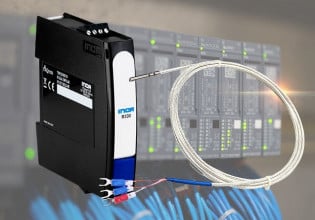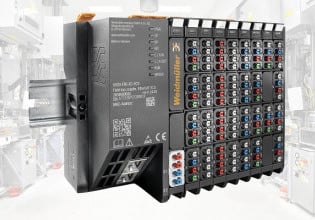I
Hi Khaled,
You can use mA spliiter like this one :
http://www.clrwtr.com/PDF/Weidmuller/Weidmuller-ACT20X-Current-Supply-Isolators.pdf
Hope this help
You can use mA spliiter like this one :
http://www.clrwtr.com/PDF/Weidmuller/Weidmuller-ACT20X-Current-Supply-Isolators.pdf
Hope this help






